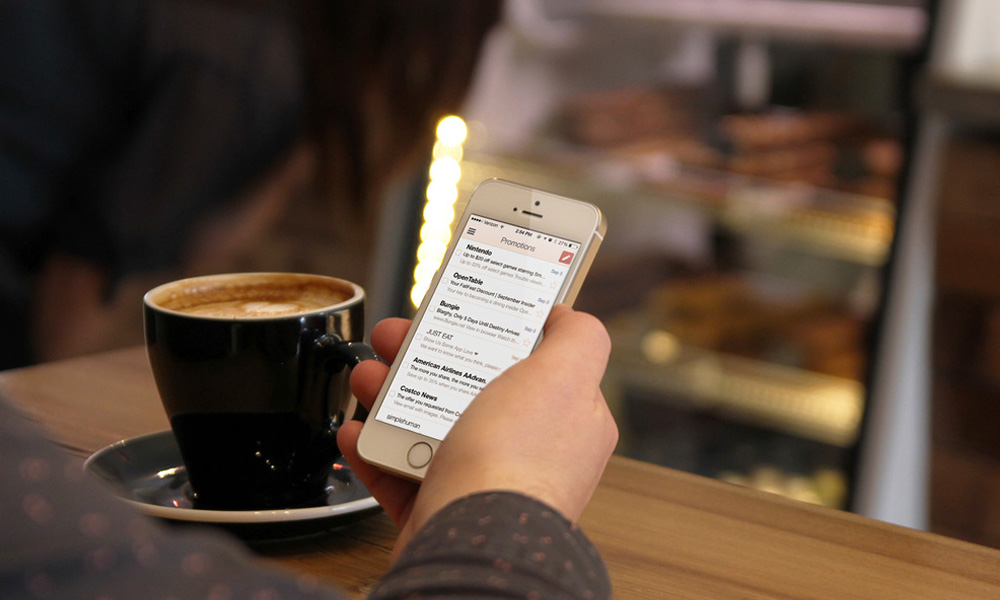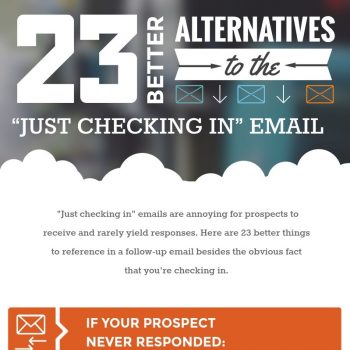

You probably have an email you need to follow up with right now, so here's a template you can use to clear it off your to-do list.Court is not due to sit next week, and will return in June, when Prince Harry is expected to give evidence in his civil trial against Mirror Group Newspapers. If you're still stuck, fill in these blanks. These phrases have helped me both on the sending and receiving end of follow-up emails related to my copywriting business.

“First of all,” I told Lisa, “Let’s assume that the editor, rather than deciding that you aren’t worth meeting with, is simply human.” Lisa was still waiting to hear back from her last two emails asking to reschedule and was wondering how she could follow up a third time without coming across like a psycho. She was discouraged because she’d scheduled a meeting with a top magazine editor, and the editor had cancelled three times. My friend, a journalist-we’ll call her Lisa-recently found this perspective shift helpful. Remember that this person’s attention is split a zillion different ways, and they probably won't mind a kind reminder from you. How many items are in your own inbox waiting for a reply? Everyone's busy. Put yourself in the other person’s shoes. So how can you follow up without being a passive-aggressive nag? Here are the steps to crafting the perfect follow-up email.

Together, the phrase rings false when you clearly want something.

And “checking in” has a casual, “no biggie” undertone. “Just” is a word we habitually use to minimize what we have to say. While it's meant to be gentle, "just checking in" comes across as disingenuous. When we say “just checking in,” we’re trying to soften the real message: “Don’t ignore me. “Just checking in - did you get this, and are you able to meet with me?” “Just checking in to make sure you’re coming to the meeting.” “Just checking in to see if you’ve completed that report I asked for.” “Just checking in to see if you got my invoice.” So you drop them a note with those three deadly words: Just checking in. Nothing in there.Īre they avoiding you on purpose? Did they forget? Is it a no? Do they hate the idea you pitched? Do they hate you? All you know for sure is that you want an answer, but you don’t want to come across as pushy. You’re waiting to hear back from a colleague, a boss, a prospect, a client, a potential employer.


 0 kommentar(er)
0 kommentar(er)
